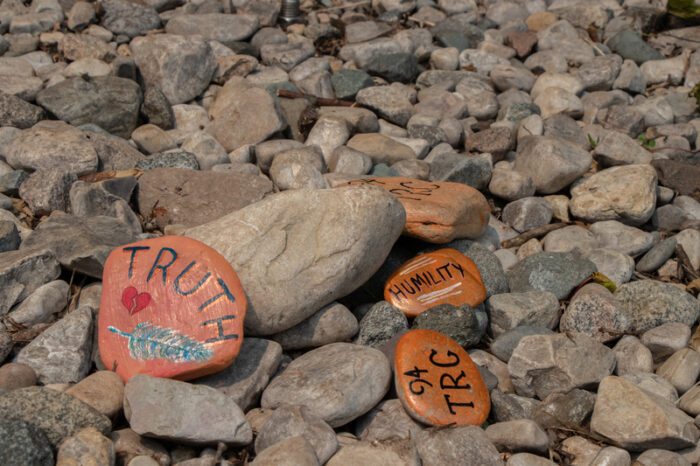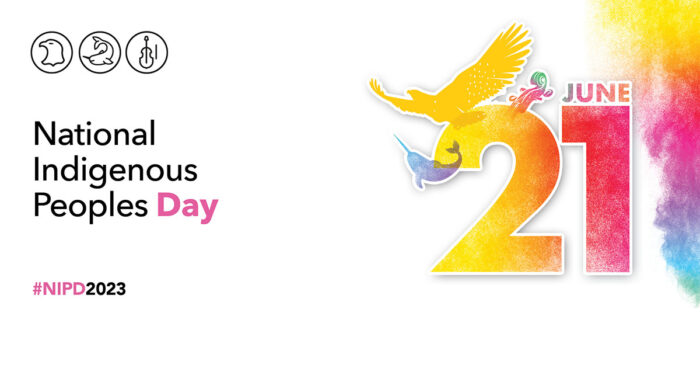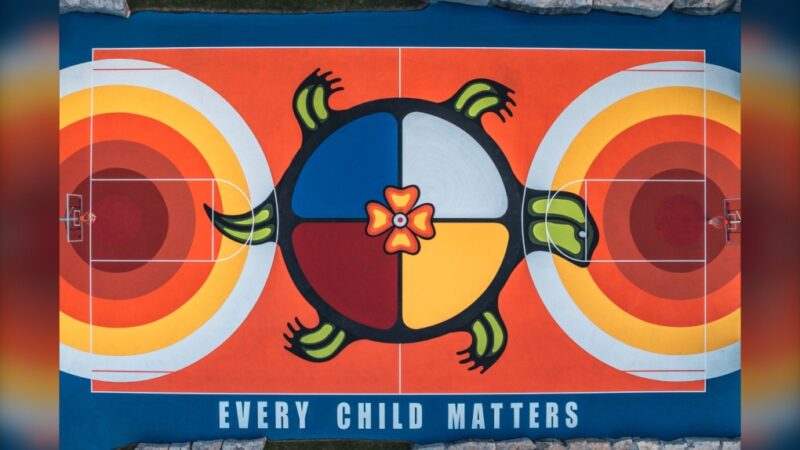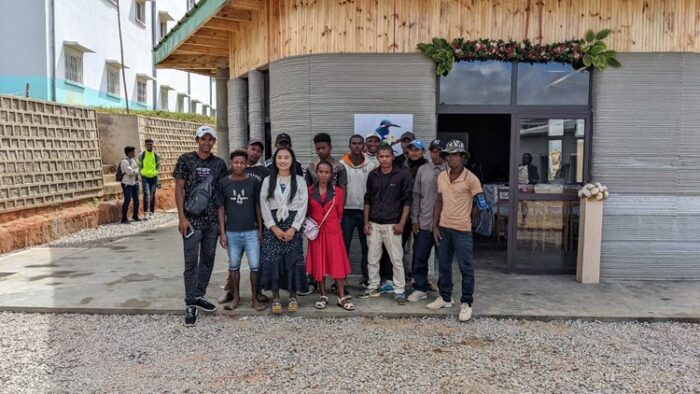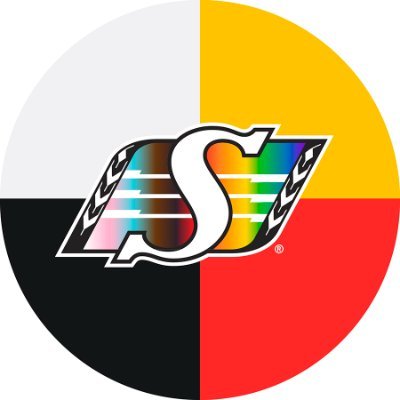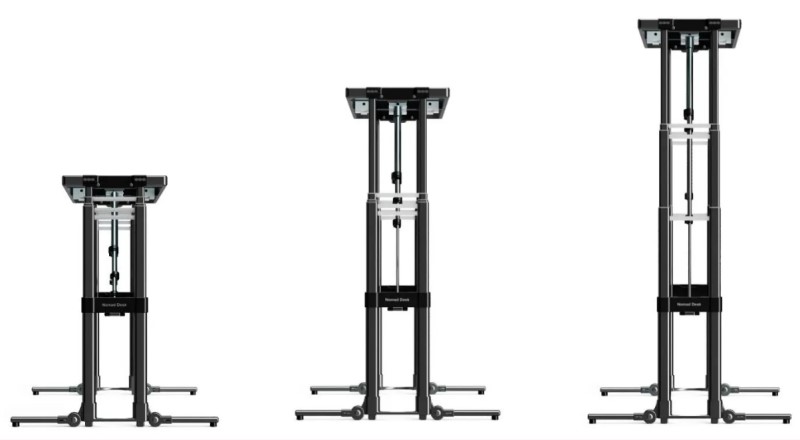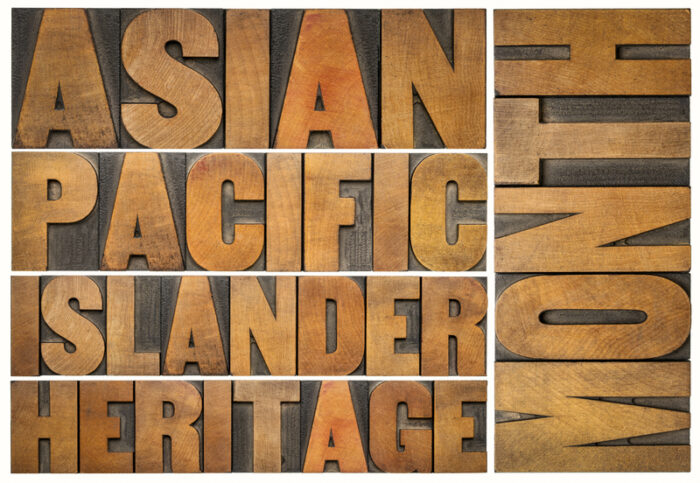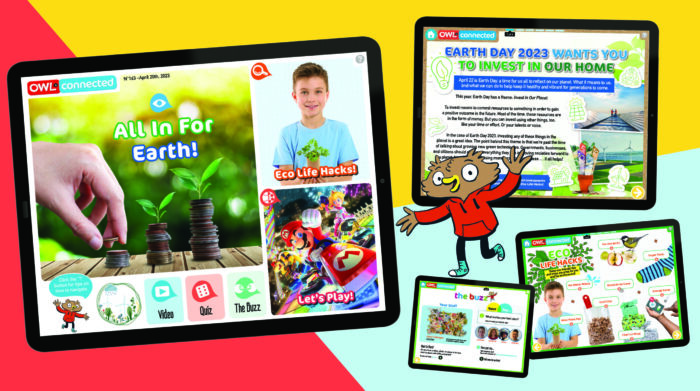You might not know it, but Angie Thomas is a groundbreaker!
The American author's first novel, The Hate U Give (2017), was about being Black and living with police brutality. Despite being an unknown author still in her 20s, that book became a number one bestseller, major motion picture, and a media sensation.
Because that book is meant for teenagers, it might not be one that you are as familiar with. But for many people, its success helped prove that young readers wanted to read stories with Black central characters, as written by Black authors. Suddenly, many Black writers (as well as others of colour) felt that they could finally tell the stories that they wanted to tell.
As it turns out, one of those writers is Angie herself. And her newest book is one that is perfect for readers like you!
How Angie brought Nic to life
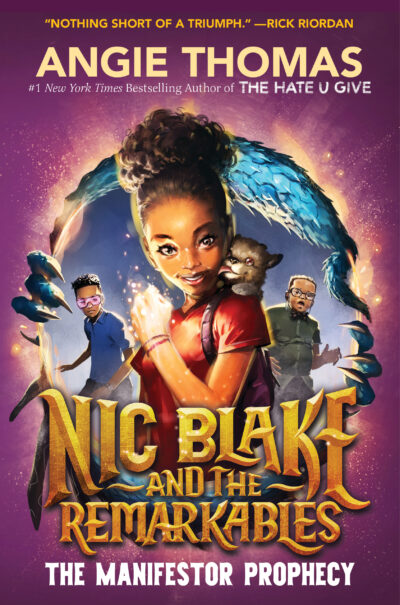
This is the first book in a new trilogy. (HarperCollins)
Called Nic Blake and the Remarkables: The Manifestor Prophecy, her new book is a middle grade fantasy novel about a young Black girl who has some exceptional powers. Not only is it funny, fast-paced, and creative, it is the kind of book that Angie has wanted to write for years. And how lucky we all are to get to read it. Books are the best!
Recently, we spoke with Angie and heard all about how Nic Blake—the character and the book—came to be. We also learned about how everything from African folklore to her own dog influenced the book, as well as her thoughts on diversity in publishing, movie plans, and more.
It was such a fun and interesting conversation. Read on below ...
OWLconnected: We understand that fantasy is something that you’ve always wanted to try writing. But then the amazing success of The Hate U Give happened and other forces took over. It must feel great to be finally working on a book like this!
Angie Thomas: Oh yeah, absolutely! I'm a believer that God's timing is perfect. And I couldn't have timed this better, right?
Because when I initially wanted to do a fantasy novel, it was at a time where I and other authors of colour weren't sure that we could tell our stories. I assumed as a (Black) author, that the only way I could get published was if I wrote about white characters. So I wrote a fantasy book about a little white boy and it was rejected a lot.
And I'm glad now that it was, because my favoUrite character in the book was actually a little Black girl who was a side character.
OC: Wow! We have to ask, was that character anything like Nic Blake?
AT: It's the same character! Same name, same personality. Everything. She was pushed to the side [in the earlier book]. And I'm so thankful that that book was never published, because Black girls like her need to be at the front and centre more often.
OC: Agreed.
AT: Looking back at that character was a revelation for me, because it showed the kind of messaging that had been placed in me as a kid: Black girls can only be the sidekick. I had internalized that message. It took [The Hate U Give’s] success for me to discard that messaging and bring her to the forefront.
OC: Let’s talk about that. How do you think publishing has changed since you wrote The Hate U Give?
AT: I had gotten rejected for [my first fantasy] book so much that I said, You know what? I'm going to write the story that I want to write, even though it scares me. That was the story about this Black girl and her family and police brutality, which was The Hate U Give. And I'm very thankful that the success of that book really helped change children’s publishing.
It showed publishers that diverse books have a place. Diverse books sell. Diverse books by diverse authors sell. And I've been told by a lot of different authors that it gave them the confidence to tell the stories that they wanted to tell as well. And I've been told by publishing people that it really helped change the industry.
OC: That’s a pretty incredible thing to have been a part of.
AT: [The Hate U Give] changed me and helped me realize that I can write the stories I want to write. I can make kids who look like me the main characters in any kind of story.
When I was doing Concrete Rose [a follow-up to The Hate U Give], in the back of my mind, I was still developing this fantasy world. But now I had placed this little Black girl as the main character.
OC: That's fascinating. How do you process having helped create such a huge change in publishing?
AT: I try not to think about it! I really do. I try not to think about it much because it would be overwhelming. But also, what keeps it in perspective for me is that it took more than just me.
It took other authors as well. It took someone like [children's author] Walter Dean Meyers calling out publishing in a piece for The New York Times and saying that we don't see enough diverse books.
So if people say, "Oh, The Hate U Give changed publishing?" Well, no. The Hate U Give reaped benefits from the work that had already been done by people before me. And I'm so grateful for them.
OC: That's definitely a healthy way to look at it! Back to your new book: Nic Blake draws a lot from African American folklore and history. Can you talk about how that stuff influenced you?
AT: Oh, yeah. It definitely was at the heart of what I was doing. Because so many young people—so many people, period—don’t know about a lot of African American mythology. And honestly, a lot of African American history is being lost.
You know, we're at a time right now where some people don't want kids to know actual history. And I was thinking to myself, What’s a good way to bring in the real world stuff and have conversations about it, even in a fantasy book? That's what I was setting out to do.
The unfortunate reality is that as a Black person in America, I would be doing my ancestors a disservice if I created this fantasy world, but didn't explain why the people who went through great hardships weren't helped by those who had magical abilities.
As someone who's written books about Black Lives Matter and poverty and poor neighbourhoods, I figured there's no way I can write a fantasy book and not discuss some of these things. Because these are things that my young readers deal with and want to talk about.
I think one of the best ways we can have these conversations is through a book.
OC: Yes!
AT: A big inspiration for the book was The People Could Fly, which is a folktale that has been passed down from generation to generation. It's about enslaved people learning that they could fly. And we can't ignore the fact that it's about enslaved people.
In a lot of ways, I just did what the folklore already laid the foundation for me to do. Talk about the real things, but still bring in the magical twist.
OC: Speaking of magic, in the book, you don’t call what Nic and her family do magic—you call it ‘Manifesting’. And you always talk about it in the upper case. Without revealing too much, why did you phrase it like that? Why not just call it magic?
AT: I wanted [what Nic does] to be something innate. I wanted it to be something different. Something powerful. Something that seems to be even bigger and more magical than magic!
And the reason I do that is because that's how I see my people. That's how I see Black folks, with all that we've gone through. I feel like we're more than magic. In celebrating our culture, our history is bigger than just magic. It's a gift, you know?
Our strength, our resilience is a gift. And I really wanted to celebrate that. That makes us us.
OC: That’s a great idea.
AT: But also, too, it's interesting when so much of what [Black people] do culturally sometimes gets appropriated [used by others when it is not their heritage] and not appreciated.
So I wanted to say, There's this thing that's within [Nic and her family] that is their born given thing. Other people want it, but it's different when you appropriate it versus when it's part of your culture.
I know people are going to get upset about that. But also recognize that for a long time, there were fantasy books and fantasy movies that acted as if Black people couldn't exist in those worlds. So, I wanted to have one where not only do we exist, but we're powerful.
So please, folks, let us have that!
OC: Hear, hear! This is shifting gears a little, but early in the book, Nic receives a really great pet. (Nic receives a magical pet that she sees differently than others do.) We were wondering, what led to the idea of her pet?
AT: Oh yeah, that pet is definitely inspired by my own! I became a dog mom two years ago and I'm just going to show you. (holds up a photo of her dog on her phone.) He's at daycare right now cause Mama has stuff to do today! But his name is Kobe.
OC: Aw! Cute!
AT: He likes posing for pictures!
And that pet in the book was definitely inspired by him, because I'm pretty sure that is how he sees himself. He's like 17 pounds, and when he barks, it's a squeak. But I think he sees himself the way that pet is—like, he's vicious, he's ferocious, he's all of these things!
There's a scene in particular where Nic is taking her pet outside, and she's like, Dude, just go [to the bathroom]. But it's sniffing out the grass trying to find a place to go. I took that moment definitely from my own life. Because, you know, Kobe has gotten me up at 1:30 in the morning to go potty. And then he takes his sweet time sniffing out the area, and I'm like, Baby, it's all the same!
But in the book, I really wanted to show that even a vicious animal like this is lovable, can be loved. I'm a firm believer in rescuing animals and stuff like that. So I look forward to exploring her pet's rescue story a little bit more. We get a glimpse of it in the first book, but we get to see more of it as the series progresses.
OC: While we're talking about the series progressing ... The Hate U Give became a movie. Would you want the same thing to happen with Nic Blake?
AT: Oh, I'd absolutely love it! I know the books are always better, but the movies play a huge role in getting the story out, especially with young people. I've had kids who've reached out to me and said, I read the book because I watched a movie. Movies really are just wonderful commercials for books!
And there are some conversations going on [about making a movie].
OC: Oh, really?
AT: I can't say any more than that, but, I will say that unlike with the other adaptations, with this one, I'll be writing the script myself, which I'm super excited about. I've already gotten started on it. And I'm making the switch in my head from author to screenwriter [a person who writes for a movie]. I still wanna make sure that the heart and soul of the story remains there.
And I think I'm a great person to make sure of that!
OC: No doubt you are! Thanks so much, Angie!
AT: Thank you! Bye!
Nic Blake and the Remarkables: The Manifestor Prophecy is out this April on HarperCollins at bookstores everywhere.
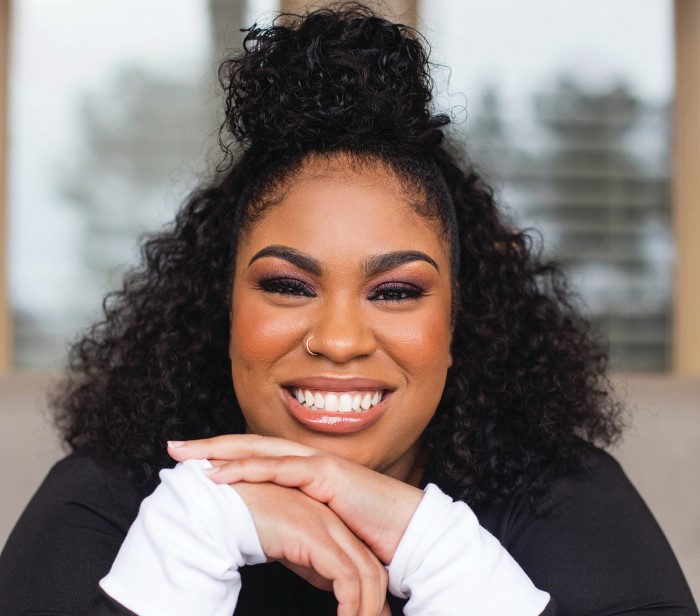 Angie Thomas' latest book is one she's been wanting to write for a long time. And it's worth the wait! (HarperCollins)
Angie Thomas' latest book is one she's been wanting to write for a long time. And it's worth the wait! (HarperCollins)

